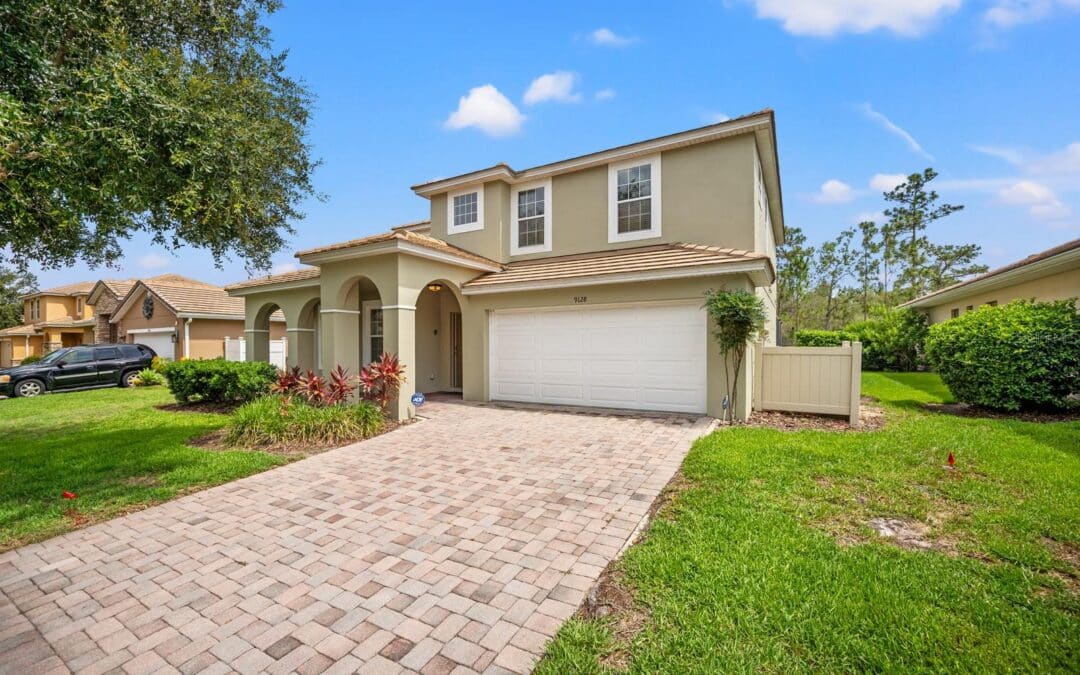Tucked away in a quiet enclave surrounded by natural beauty, this stunning Mediterranean-style home is a rare find for those seeking a serene retreat with luxury finishes and practical design. Set against the backdrop of a lush wooded preserve with frequent wildlife...
Pros and Cons of Renting vs Buying in 2025: What Makes Sense for Your Stage of Life
Renting vs Buying in 2025
Renting vs. Buying in 2025: What Makes Sense for Your Stage of Life?
Deciding whether to rent or buy a home is one of the most important financial choices you’ll make—and the right answer often depends on your age, lifestyle, and long-term goals. As we move through 2025, with shifting interest rates, evolving market trends, and lifestyle changes across age groups, it’s a great time to revisit this question. When evaluating the pros and cons of buying or renting a home, RE/MAX Heritage is here for you.
Whether you’re just starting out, growing your family, or planning for retirement, here’s a practical breakdown of the advantages and disadvantages of leasing vs. purchasing your own home at every stage of life.

In Your 30s: Flexibility vs. Long-Term Investment
What Matters Most: Career mobility, building credit, and beginning to build wealth.
Renting
Pros:
- Lower upfront costs
- Greater mobility for career or lifestyle changes
- No maintenance responsibilities
Cons:
- No equity built over time
- Subject to rent increases and landlord decisions
- Limited customization or sense of permanence
Pros:
- Building equity and credit
- Tax advantages (mortgage interest deduction)
- More stability and control over your space.
Cons:
- Higher upfront costs (down payment, closing costs)
- Less flexibility if you plan to move frequently
- Responsibility for repairs and maintenance
2025 Insight: With interest rates stabilizing and remote work still popular, many in their 30s are choosing to buy in affordable markets with room to grow.
Renting in Your 40s–50s:
Pros:
- Less maintenance stress
- Predictable monthly costs in long-term rentals
- Flexibility if job relocation is possible
Cons:
- Missed opportunity for equity growth
- Limited freedom to make the space your own
- Rent often exceeds what a mortgage would be
Buying in Your 40s–50s:
Pros:
- Strong equity-building potential
- Greater space and control for your lifestyle
- Potential to upgrade and customize your home
Cons:
- Market conditions and mortgage terms can vary
- Maintenance and unexpected repair costs
- Tied to one location, which may limit flexibility
2025 Insight: With many seeing peak earning years in their 40s and 50s, buying is often a sound financial decision, especially in areas with steady home value appreciation.

Buying in Your 60s+
Pros:
- Stability with a fixed mortgage or no mortgage
- An asset to pass to heirs
- Ability to choose 55+ communities or age-in-place design
Cons:
- Responsibility for property upkeep
- May tie up cash needed for retirement
- Potential challenges with selling in later years
2025 Insight: Many retirees are downsizing to low-maintenance homes or relocating to 55+ communities in Florida, where they can enjoy lifestyle amenities and own their property outright.
What Should You Do?
Here are a few guiding questions to help you decide:
- How long do you plan to stay in one place?
- Do you want to build equity and invest long term?
- Are you financially prepared for upfront buying costs?
- Is flexibility or stability more important to your current lifestyle?
- What does your five- to ten-year plan look like?
Let RE/MAX Heritage Help You Make the Right Move
Whether you’re buying your first home, upsizing, downsizing, or simply exploring your options, RE/MAX Heritage is here to help. Our team of real estate professionals will guide you through every step—so you can make the decision that’s right for your stage of life.
Contact us today for a personalized consultation.

Want to know more? Suscribe to our monthly newsletter below!
Common Questions About Buying vs Renting
Deciding between buying and renting a home is a significant decision. Here are some common questions to help guide you through the process.
What are the financial benefits of buying a home?
Buying a home can be a great investment. You build equity over time, and there are potential tax benefits. Additionally, owning a home can provide stability and the freedom to customize your living space.
Is renting a better option for flexibility?
Renting offers more flexibility, especially if you anticipate moving in the near future. It typically requires less upfront cost and can be a good option if you’re not ready to commit to a specific location.
How do I decide between buying and renting?
Consider your financial situation, long-term goals, and lifestyle preferences. Consulting with a real estate professional can provide personalized advice based on your unique circumstances.



























